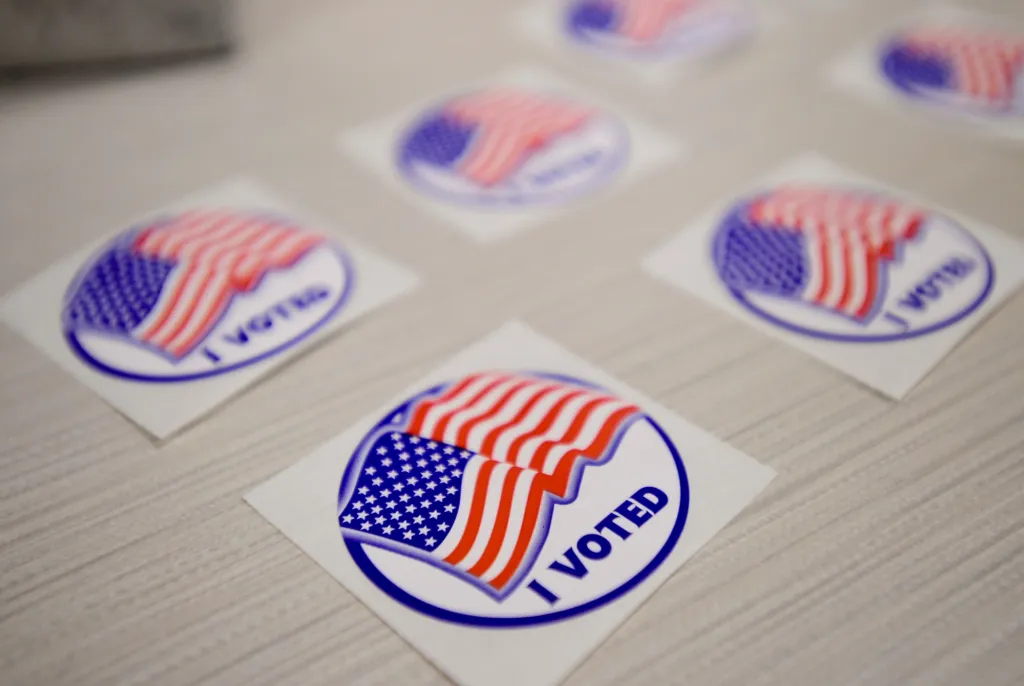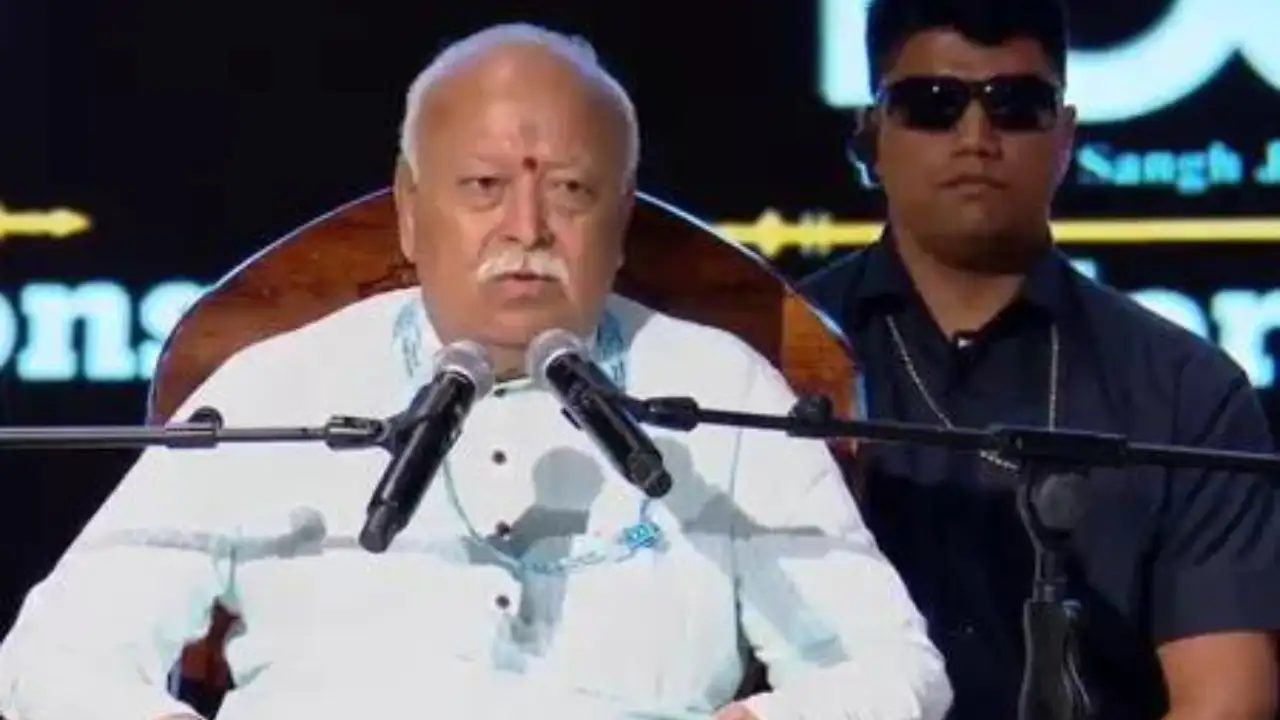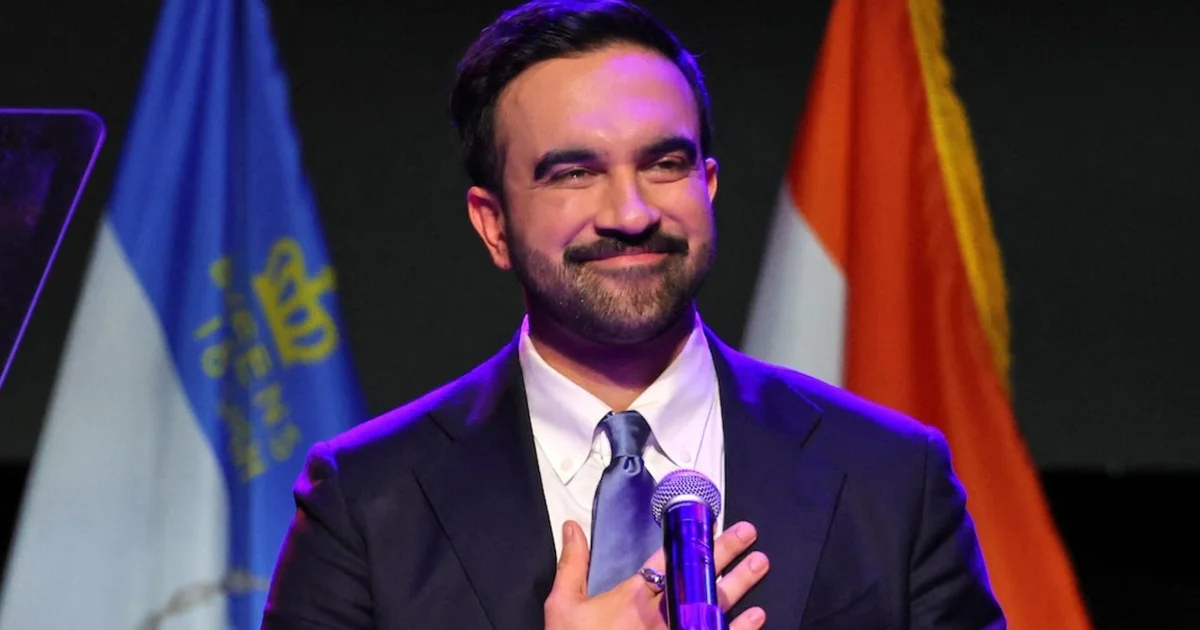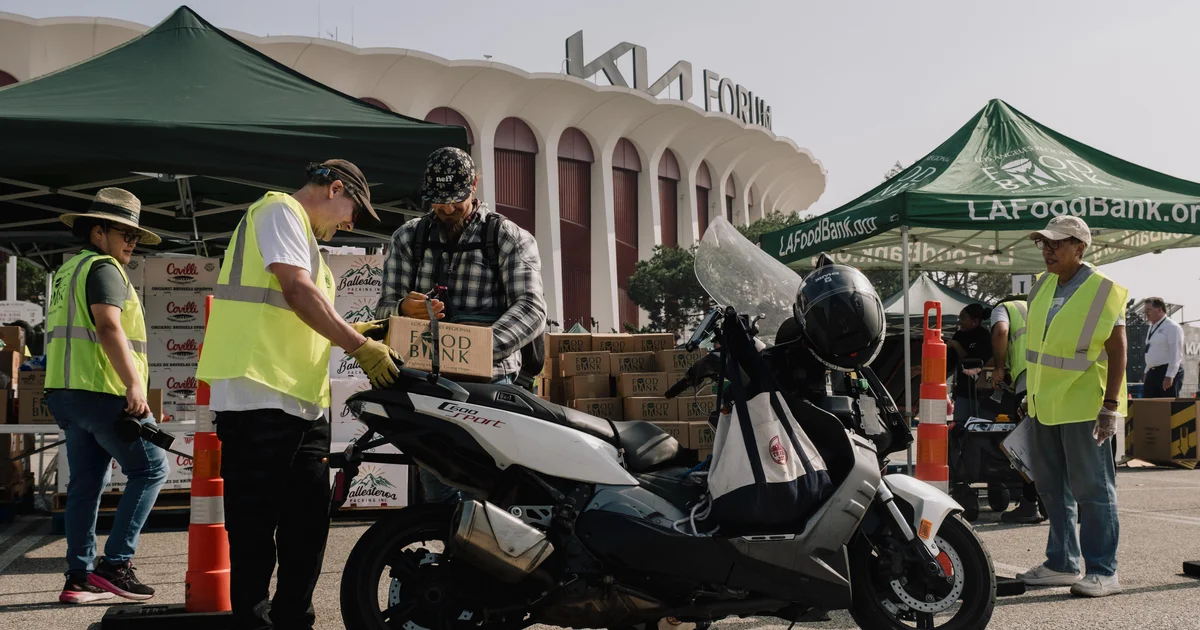Copyright Boulder Daily Camera

The election is over. The results, while not entirely final, appear to be mostly settled. That means now is the time to begin the process of reconciliation. Our local issues, among many others statewide and nationally, were fiercely fought. Citizens around Boulder put their time and energy and hearts into campaigning for things they believed in. Even though many of these contests were driven by the genuine belief that a particular outcome would benefit the entire community, frustration and animosity were still stirred. Like in all elections, things got heated. But in today’s political climate — with our fiercely polarized ideologies and our deeply entrenched divisions — heated has a new meaning. That is why it is imperative that we cool off and remember that, no matter the results, we are a community. No matter who won and who lost or what ballot measures passed or didn’t, we still have to live side by side as neighbors. (All results were as of Friday.) In Boulder’s City Council race, incumbents Matt Benjamin and Mark Wallach appear to have clinched their victories, amassing 17.8% and 15.4% of votes, respectively. Nicole Speer, also an incumbent, sits a little more precariously in third with 14.1%. And currently in pole position for the fourth open seat is challenger Rob Kaplan with nearly 14%. Behind these four is Jennifer Robins with 13% and the final incumbent, Lauren Folkerts, who conceded on Wednesday. Our community should be heartened by these victories. All four candidates currently leading are either exemplary leaders already or would clearly make one. If these results hold, the outcome will point to our community’s belief in the direction we are heading. Things are certainly not all rosy in Boulder — there are myriad issues we are facing — but this council is well-equipped to face the challenges. Reelecting three of four incumbents is well-earned validation for the work our leaders are doing. The addition of Kaplan’s voice will surely be a boon to the council as well. One of the biggest challenges facing our community is wildfire preparedness. Kaplan’s experience as a firefighter will certainly be invaluable in the coming years. As far as ballot measures go, the most important local issue was most certainly Boulder County Ballot Issue 1B, which passed resoundingly. The new sales and use tax will provide an estimated $15 million annually to help address mental and behavioral health needs across the county. Admittedly, 1B does not meet the scale of investment we feel the severity of our ongoing mental health crisis dictates. But since this new tax will expire in just three years, we will soon have the opportunity to reassess and ensure it is doing the work we need and want it to do. So, while 1B was much needed, let’s keep tabs on how our tax dollars are being spent and make sure our community is getting the support and services it so desperately needs. Unsurprisingly, the other county ballot issue, which extended an existing tax dedicated to open space funding, passed emphatically, with nearly 75% of voters giving it the stamp of approval. The extension of this particular tax will provide Boulder County with reliable and dedicated revenue that will allow it to make long-term financial decisions to best shepherd our natural habitats. We are often skeptical of dedicated taxes and locking them into perpetuity also gives us pause. But our open spaces are the crown jewels of our community. Plus, it does make fiscal sense to make at least one open space tax permanent so that county leaders can have some reliable revenue to count on when planning for the future. In the City of Boulder, both 2A and 2B also passed with ease. The first extends the city’s community, culture, resilience and safety sales and use tax in perpetuity, and the second authorizes the city to increase its debt to the tune of $262,000,000 for capital improvement projects. Again, we don’t love dedicated taxes, but the CCRS tax is intentionally large in scope, and our city is deeply in need of funding for capital improvement projects — anyone who drives our bridges and visits our rec centers will know that. The passage of 2A and 2B are necessary investments in our future. After last year’s disheartening election, it was difficult not to feel like things were looking bleak. At the time, we implored our community to turn our attention to local issues and remember that while things were scary at the federal level, we could all make real and positive change close to home. This election was evidence of that — and reason to hold on to hope. The results speak to a community committed to upholding our values and manifesting a resilient future. Our work, though, is not over just because the polls have closed. Civic duty is a year-round job. As taxes are collected and leaders are sworn in, it will be the obligation of voters and engaged citizens and the media to make sure our money is well spent and that our new elected officials lead with integrity. Put simply, civic citizenship doesn’t end at the ballot box. This election, like all elections, was an attempt to plot a course for the future. The politics might get ugly. The tactics might be unsavory. The results might not go in our favor. But voting is an inherently optimistic act. It is a collective expression of hope for a brighter tomorrow. We put in the work this election season and we made our voices heard on Tuesday. Now, let’s keep up that momentum and keep working hard on our community today and tomorrow and the day after that. — Gary Garrison for the Editorial Board



